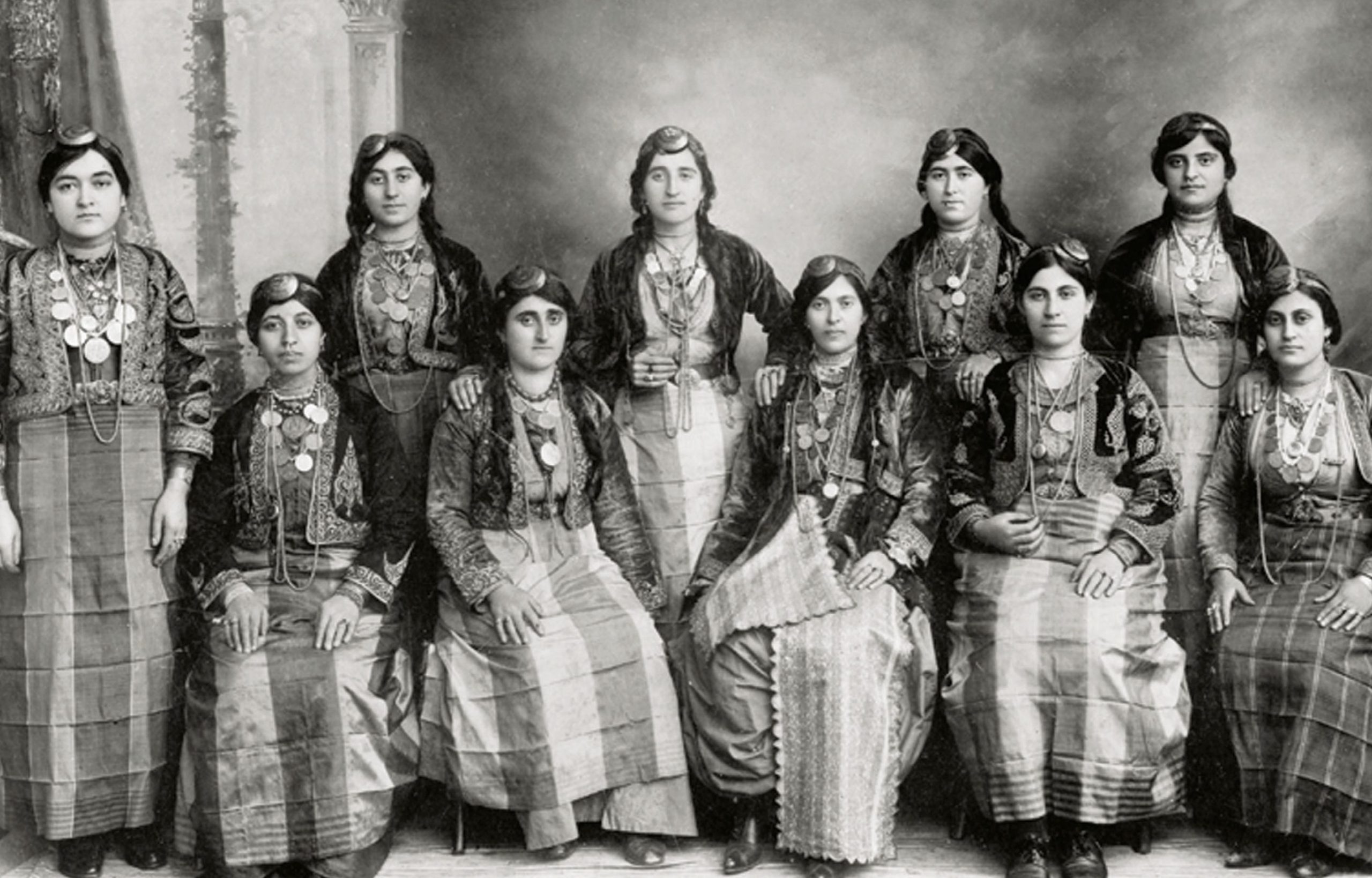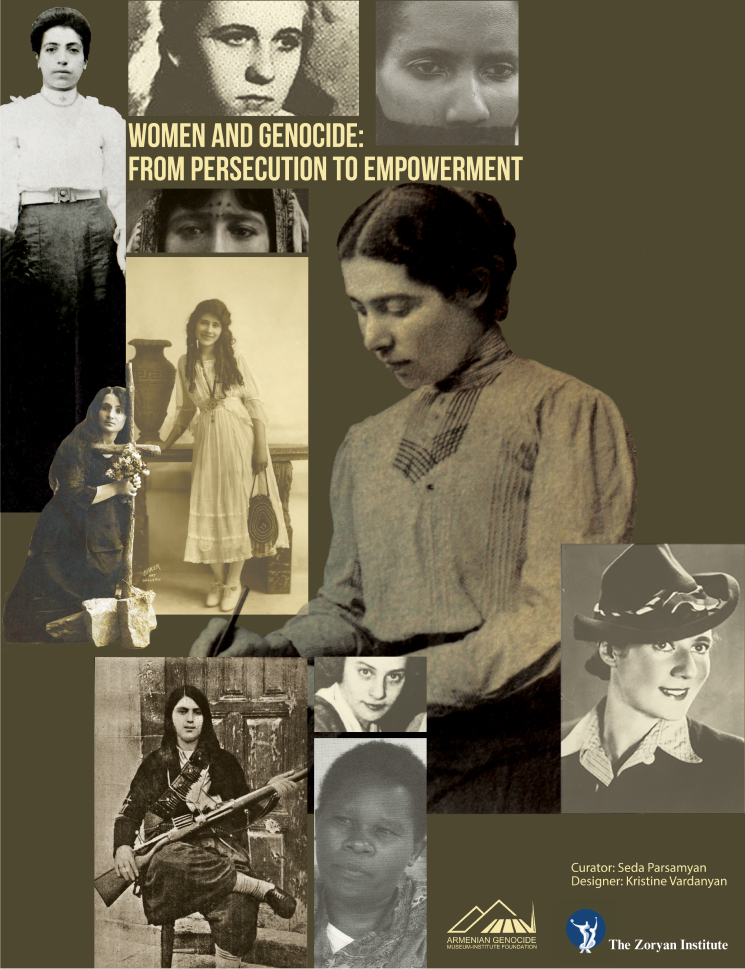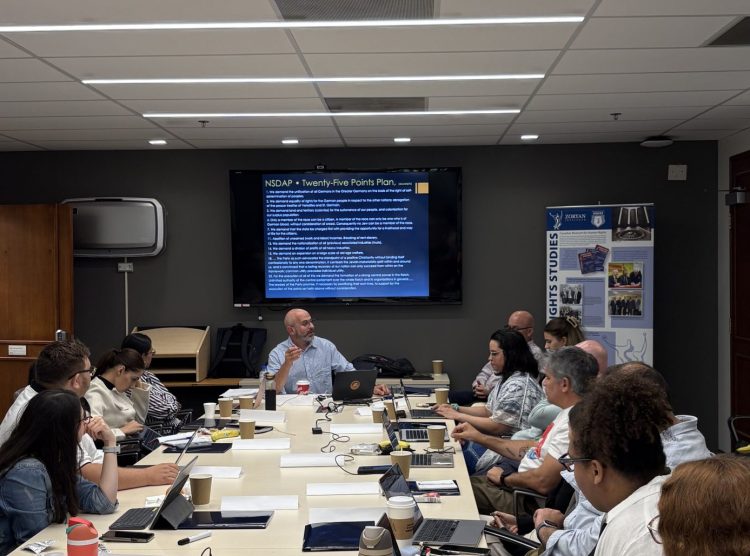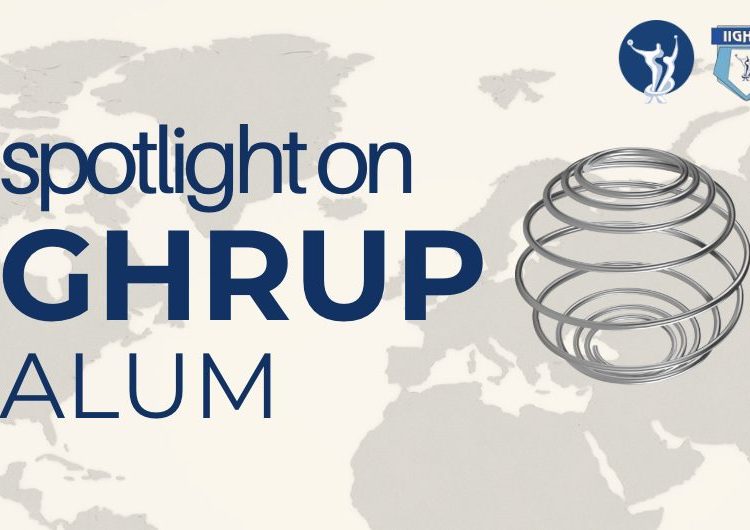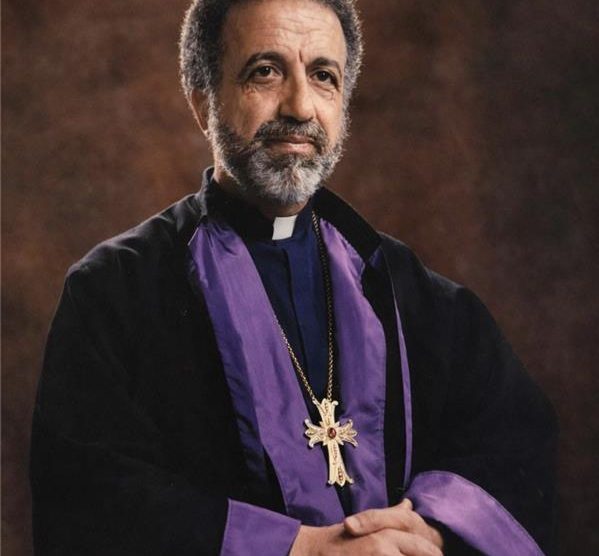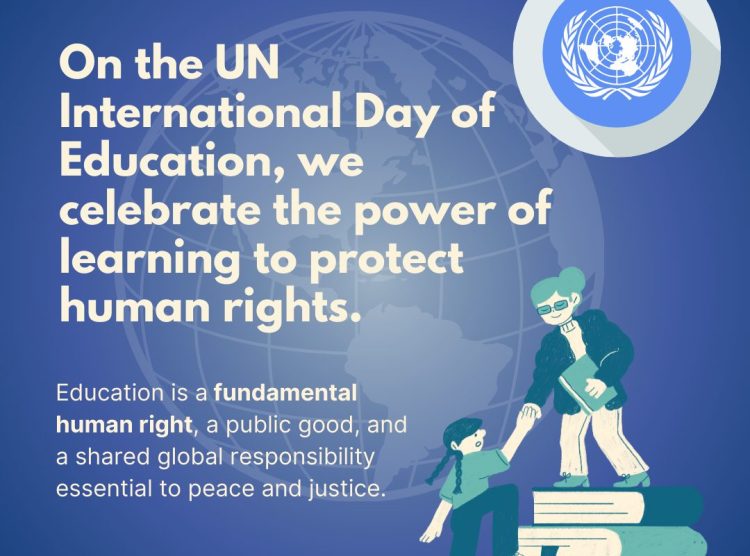April 24, 2025, TORONTO: When genocide strikes, it aims not just to eliminate individuals, but to annihilate a people — their culture, their history, their future. While the stories of male resistance fighters and political heroes often take center stage in the aftermath, there exists a quieter, often overlooked narrative: that of women, who bear the most intimate and enduring scars of genocide, and who become the guardians of memory, the architects of recovery, and the carriers of cultural identity.
Women, in many genocides, become the living brands of trauma. Their bodies are used as battlegrounds — subjected to systematic rape, forced impregnation, and sexual slavery — tactics designed not only to destroy them physically and emotionally but to fracture the very fabric of the community. This was true for Armenian women during the Armenian genocide, Jewish women in the Holocaust, Tutsi women in Rwanda, and countless others in Cambodia, Bosnia, and beyond. Yet, after the guns fall silent and the world turns its gaze elsewhere. It is women who are left to pick up the shattered pieces. They bury the dead, raise the orphaned, and somehow, despite their grief, keep the soul of their nation alive. They become teachers, healers, storytellers — passing down language, customs, songs, and rituals that genocidal regimes tried to erase. The resilience of women who survive genocide is not just a powerful testament to the human spirit — it is also a call to conscience.

